Are they aware of some of the landmark decisions that the Supreme Court has made in the last year?
If you could not answer in the affirmative to these questions, don’t feel bad. Most school age children are not yet culturally literate, and empowering them to be fluent in the ways of the world is no easy task.
As cool as it maybe, infants cooing Mozart and toddlers quoting Gandhi, even elementary age kids rehearsing ancient history or preschoolers listing current events, while not entirely impossible, should not be most parents goal for their kids.
The fact of the matter is that many of today’s current events would be inappropriate for a child care or daycare provider to expose kids to, but preparing our kids to be able to understand the world around them is more than appropriate. It’s necessary.
Our children’s minds are capable of much more than most parents give them credit for, especially when it comes to understanding the way the world works. While most parents are not very concerned with their child’s immediate cultural literacy, their child’s preparation to become culturally literate should be at the forefront their minds.
Why?
Because the more we learn about education and culture, the more we are realizing that the ability to navigate the world around us (culture) is just as important as the education we receive.
The two are not mutually exclusive.
Research is showing that popular, consumer culture hinders our potential and our satisfaction with our lives. Consumer culture runs counter to most parents’ desire for their children to be self-directed and self-motivated learners, who are focused on the world beyond their immediate needs and wants.
Falling into the trap of consumer culture is only avoidable if we can move past worshiping at the alter of superficiality and instant gratification. To do so you have to tap into the deeper motivations of human beings, motivations that can be identified through cultural fluency.
The Montessori approach calls these motivations “human tendencies.” Helping school age children tap into these tendencies – to become culturally literate lovers of learning and adventurous explorers of their world – happens through the Montessori classrooms’ prepared environments. Children participate in intentional three hour work cycles that help them make sense of their world.
In the classroom, work areas (the nature table, biology, geology, history and science areas) can also be called Cultural Areas, where cultural literacy is cultivated through vocabulary enrichment (the introduction of new words and concepts to a child’s absorbent mind) and indirect preparation (readying the mind for the future by developing interest in a particular area of learning).
Montessori classrooms explore other cultures from around the world in order to discover the similarities and differences in our shared humanity. Not only is cultural diversity a central tenant, but where those cultures came from through the study of ancient cultures and peoples are, as well. The celebration and embrace of diversity assures that a child’s understanding of the world and culture will outlast and outgrow the limitations of popular, consumer culture.
This belief in and commitment to the unity of the human experience over time and throughout history is central to the Montessori approach, as well as to Chesapeake Montessori School, and that’s why we’re the leading private Montessori school for families is Hampton Roads, VA. We want to partner with you and your family to empower your child to never get lost in the culture we live in.
We will read the world together!



